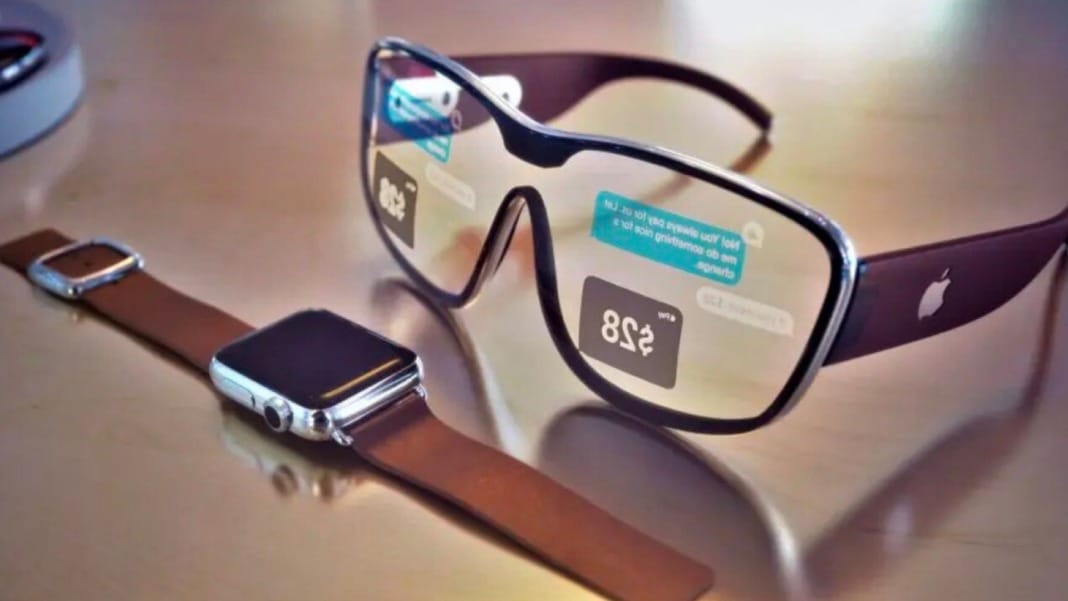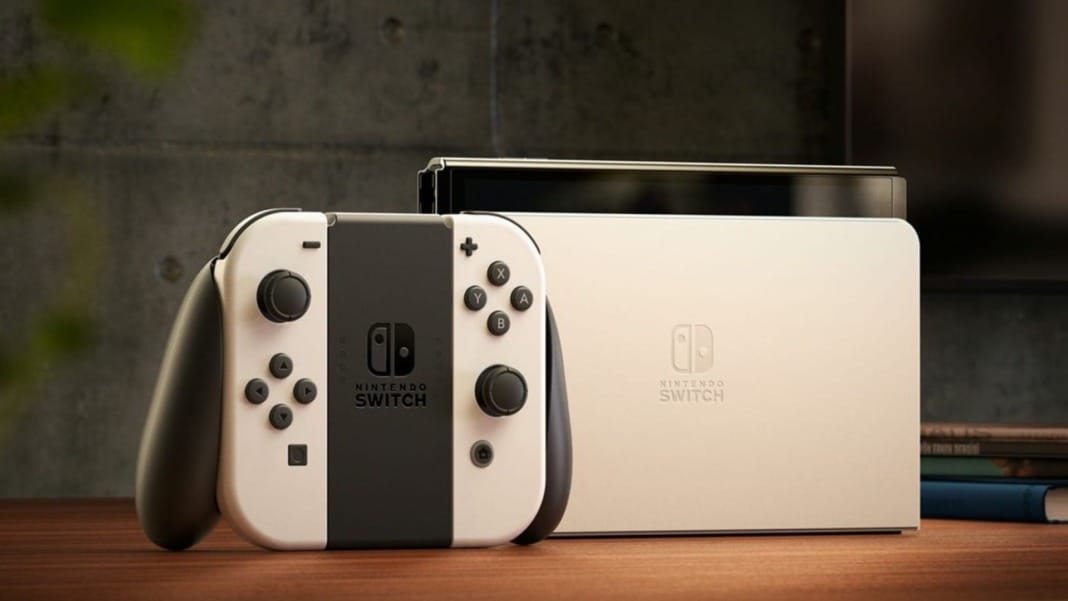According to a recent report from Apple analyst Mark Gurman, Apple is exploring the idea of smart glasses and has turned to its workforce for initial feedback. In a move that signals a potential step into the emerging market for wearable technology, Apple is conducting internal surveys and focus groups to gauge employee interest and gather insights. The goal appears to be to assess whether the smart glasses concept aligns with Apple’s vision and could become a part of its product lineup.
Internal focus groups signal interest in wearable tech
The feedback sessions are being led by Apple’s Product Systems Quality team, a group within the hardware engineering division responsible for evaluating potential new products. In a leaked email to a select group of employees based at Apple’s California headquarters, the team emphasised Apple’s commitment to creating products that people “can come to love.” The email invited participants to a user study focused on testing smart glasses on the market.
Apple’s internal focus groups are a standard practice when the company considers entering a new product category. These sessions allow Apple to maintain secrecy around early-stage ideas while gaining insights that help refine concepts and features. However, these activities sometimes come to light through leaks, as in this case.
Competing with Meta and setting new standards
If Apple proceeds with a smart glasses product, it would be stepping into a market that Meta has already begun to shape with its Ray-Ban Stories, a line of smart glasses developed in partnership with Ray-Ban. Meta’s glasses include features such as a built-in camera for taking photos and videos, the ability to make calls, and voice-command functionality through an AI assistant. A recent update to Meta’s glasses added the ability to send and receive voice messages, enhancing their functionality as a convenient, hands-free communication tool. At a special event in September, Meta CEO Mark Zuckerberg announced that the company was working on future models to bring users more immersive augmented-reality (AR) experiences.
While Apple has already entered the mixed-reality space with the Vision Pro headset, priced at US$3,499, its high cost and bulkiness have limited its appeal. If Apple does decide to develop smart glasses, the company will likely be cautious about entering a niche and unproven market. Unlike the Vision Pro, a potential pair of Apple smart glasses could aim for a more practical, lightweight design and a more accessible price point to appeal to everyday users.
A long road ahead for Apple smart glasses
Despite growing interest in wearable tech, Gurman’s report suggests that even with positive feedback from employees, Apple’s smart glasses are likely “years away” from an actual release. Apple’s deliberate approach to product development, especially in new categories, means that any smart glasses product would only launch after thorough testing, refinement, and a strong sense that it could meet Apple’s high standards for quality and usability.
The market for smart glasses remains relatively small, and success will depend on Apple’s ability to offer something unique and valuable. By consulting employees in the early stages, Apple is ensuring that it can create a well-designed and genuinely useful product while also keeping development plans under wraps.
Apple has a history of holding back on new technology until it’s ready to make a significant impact, so if smart glasses do become a reality, they’re likely to have features that distinguish them in both design and functionality from existing competitors.





